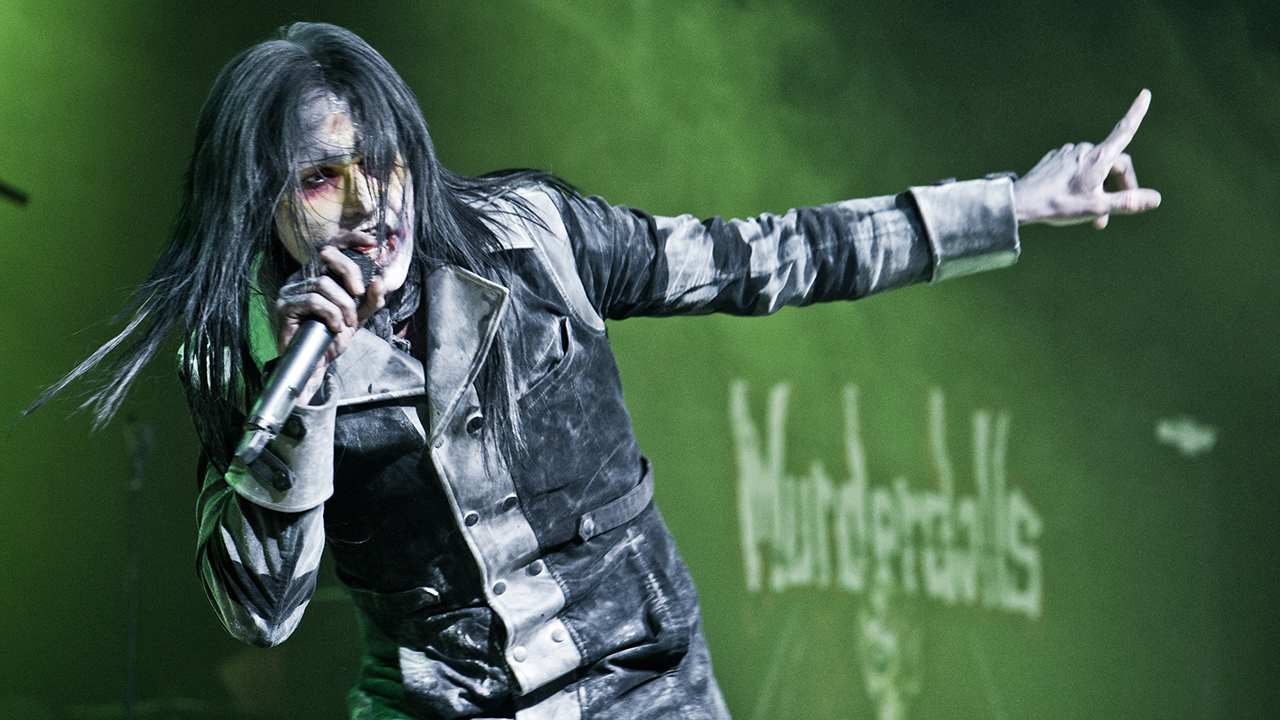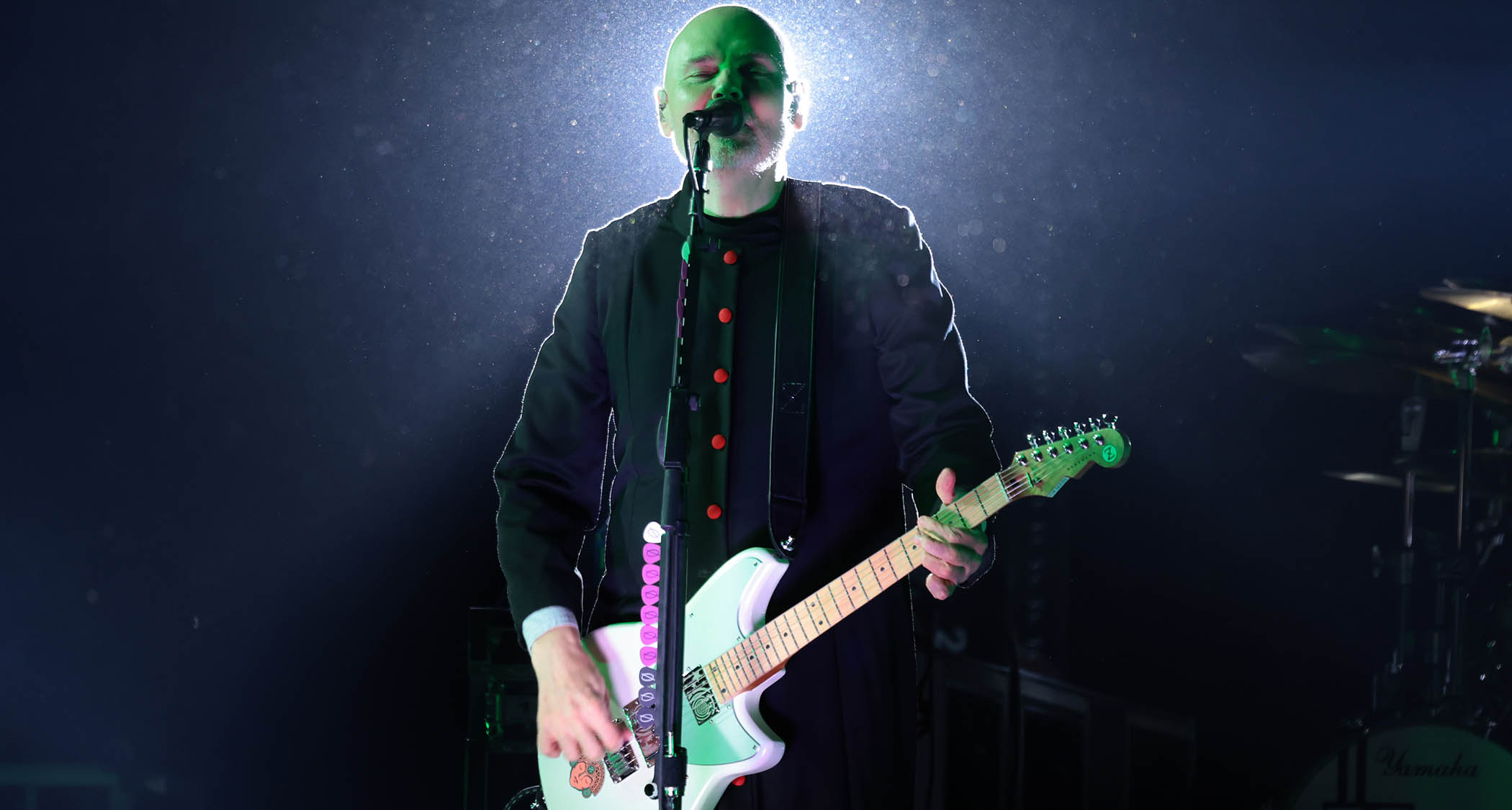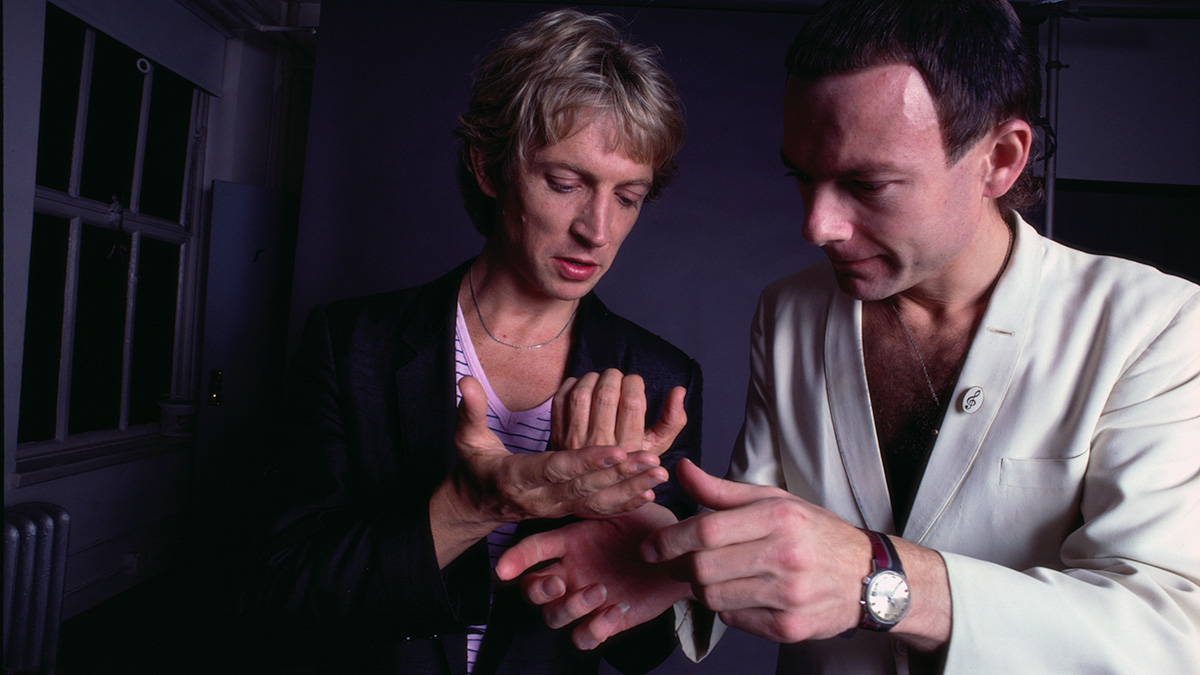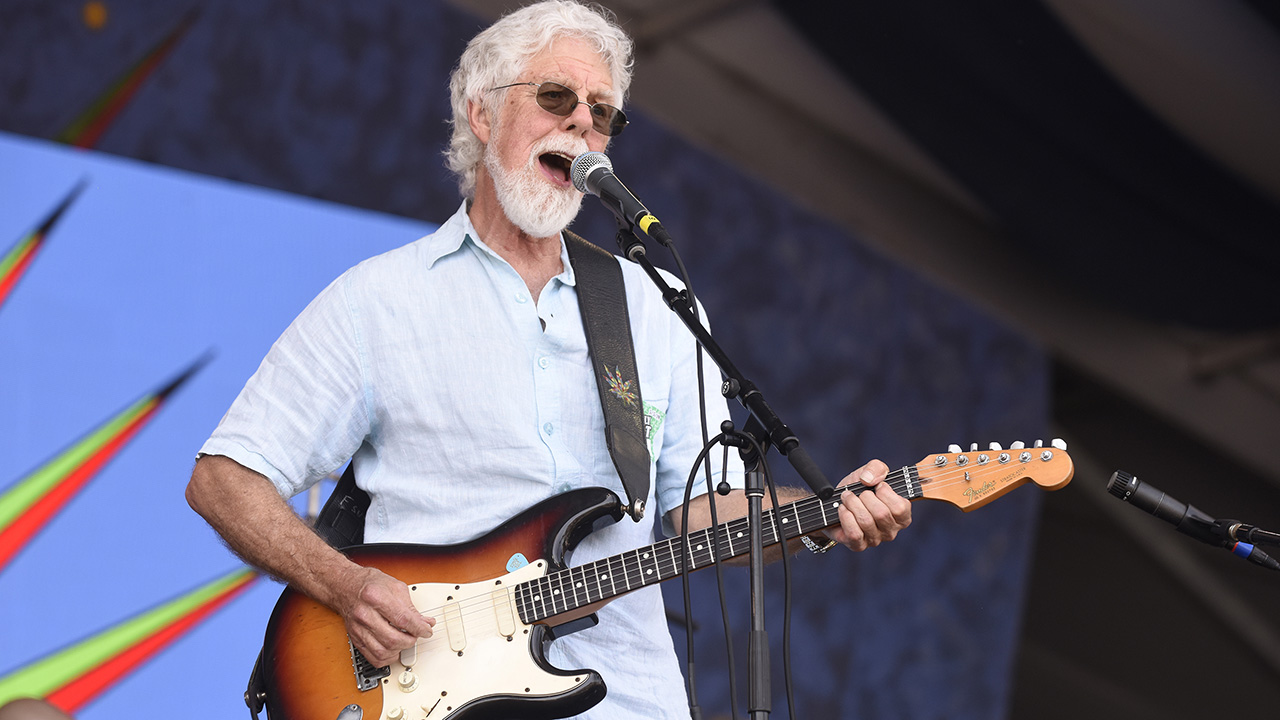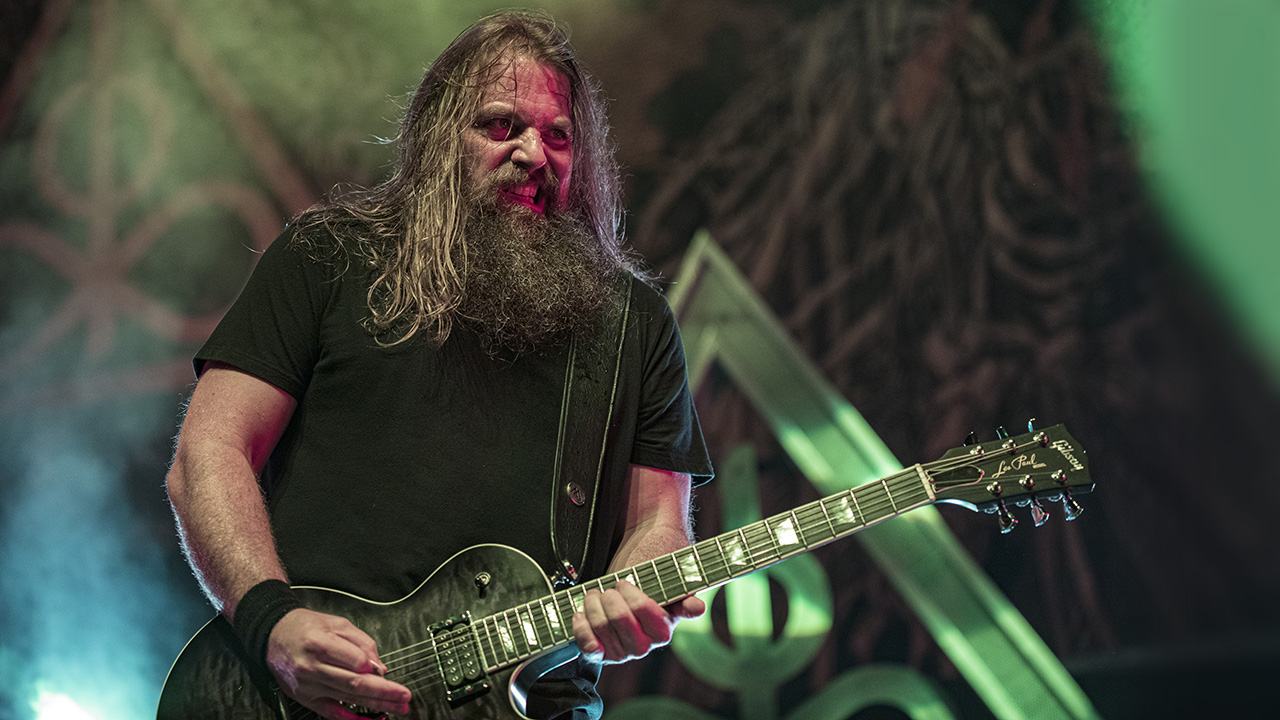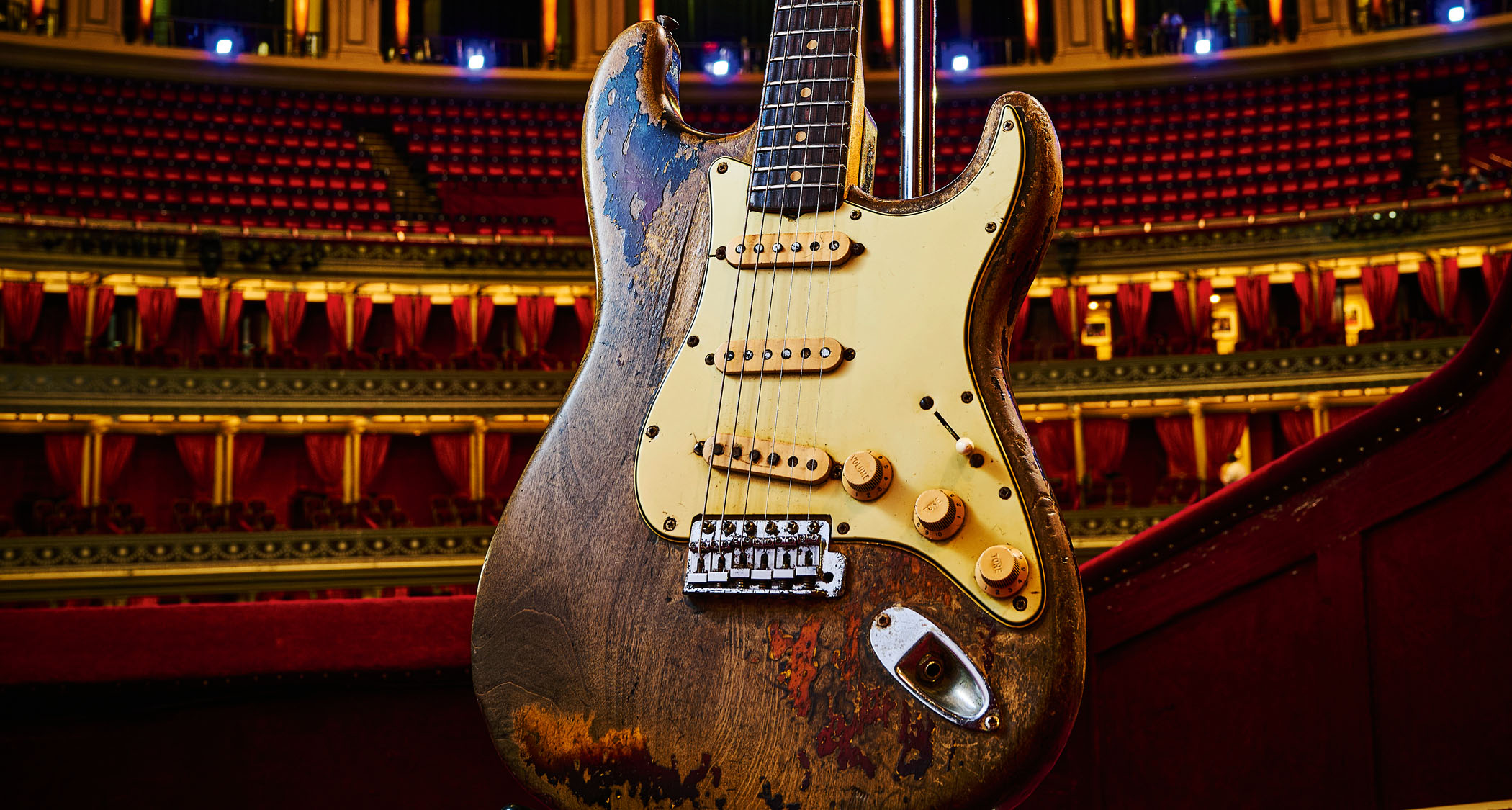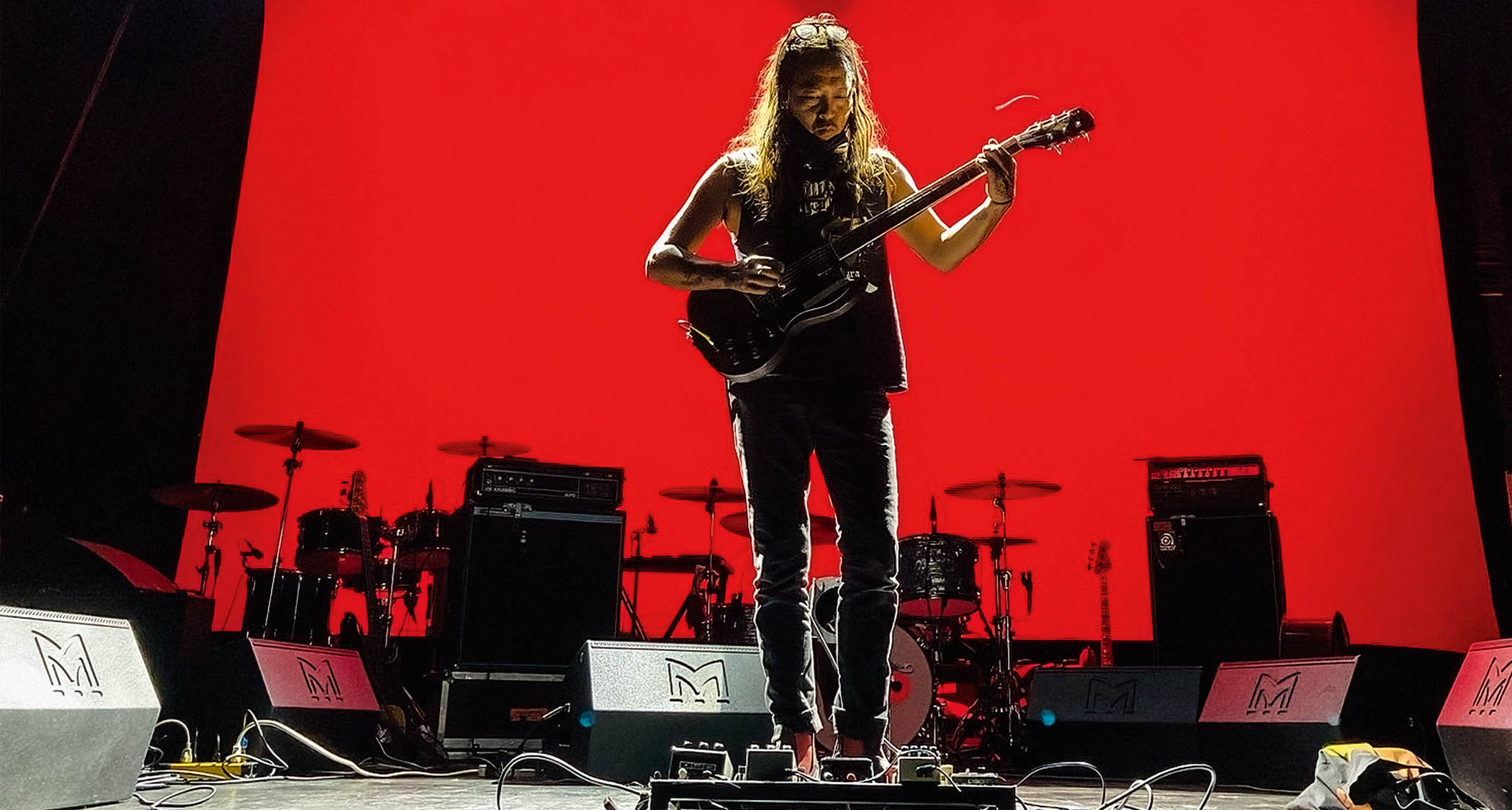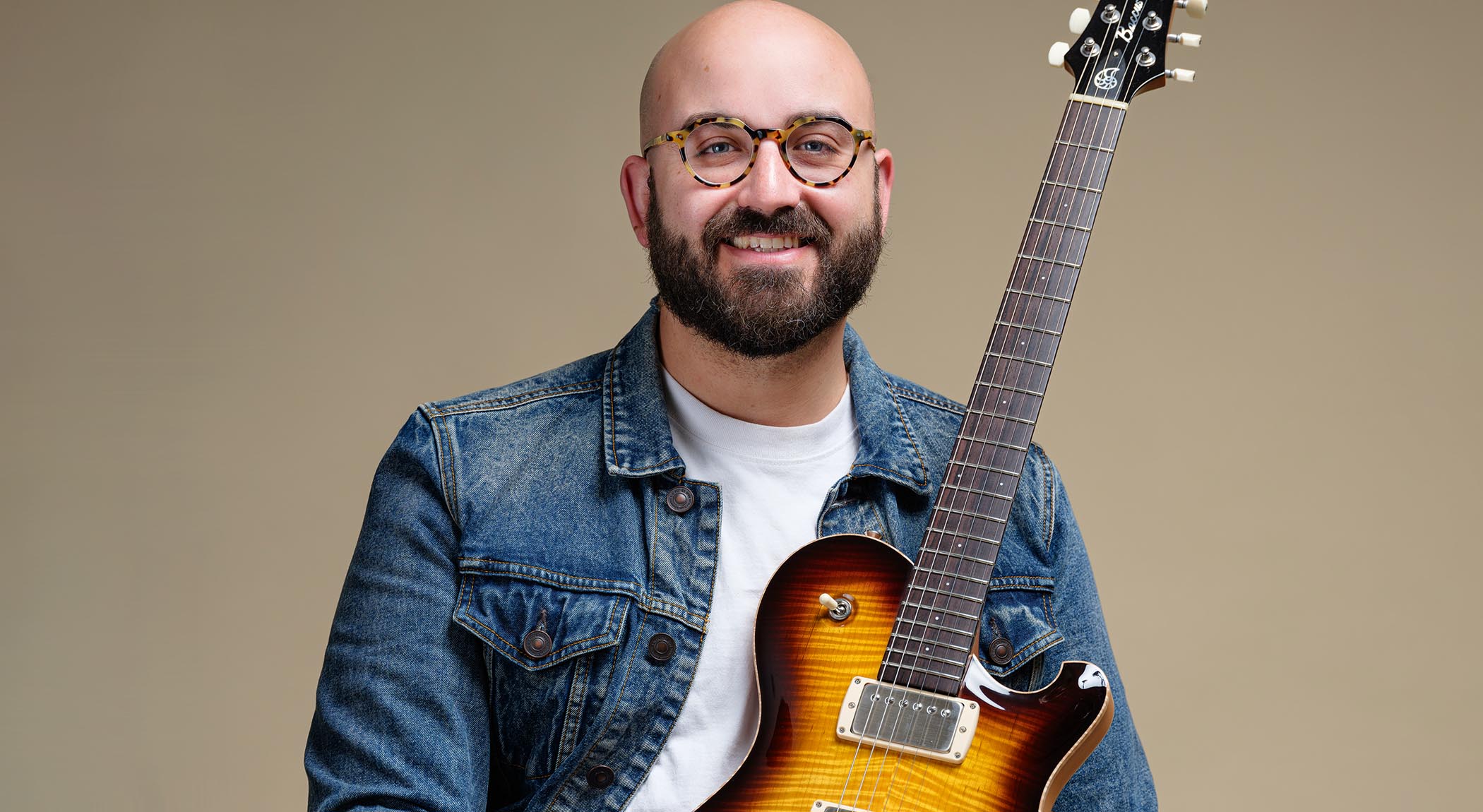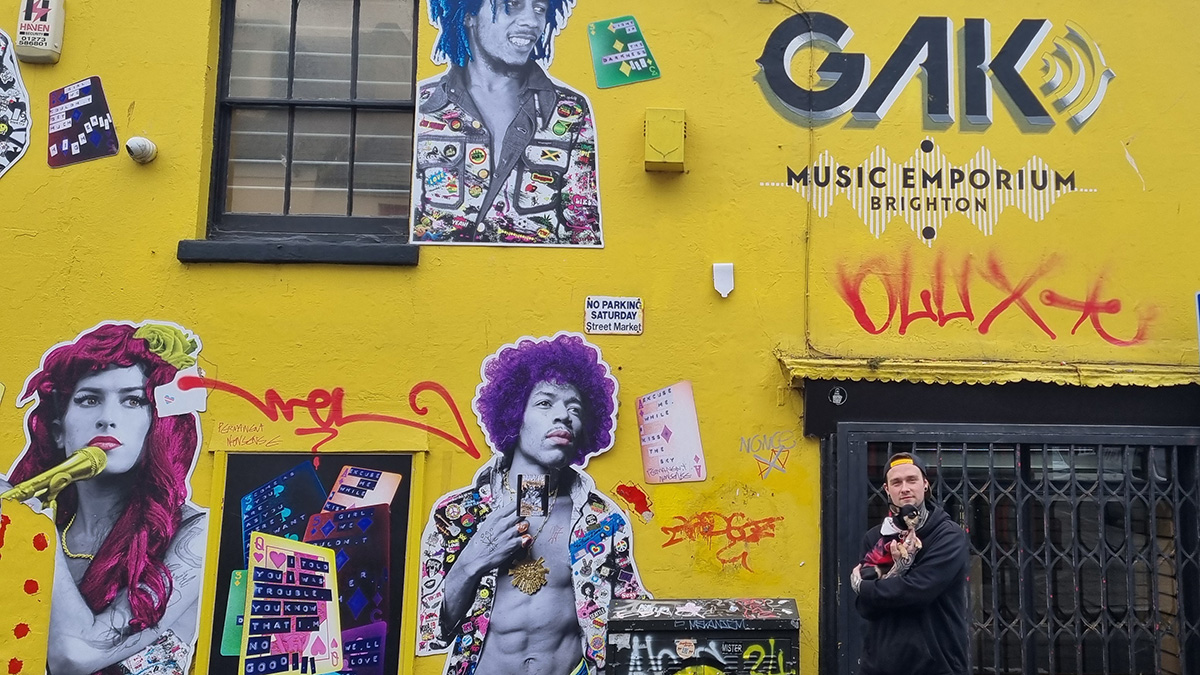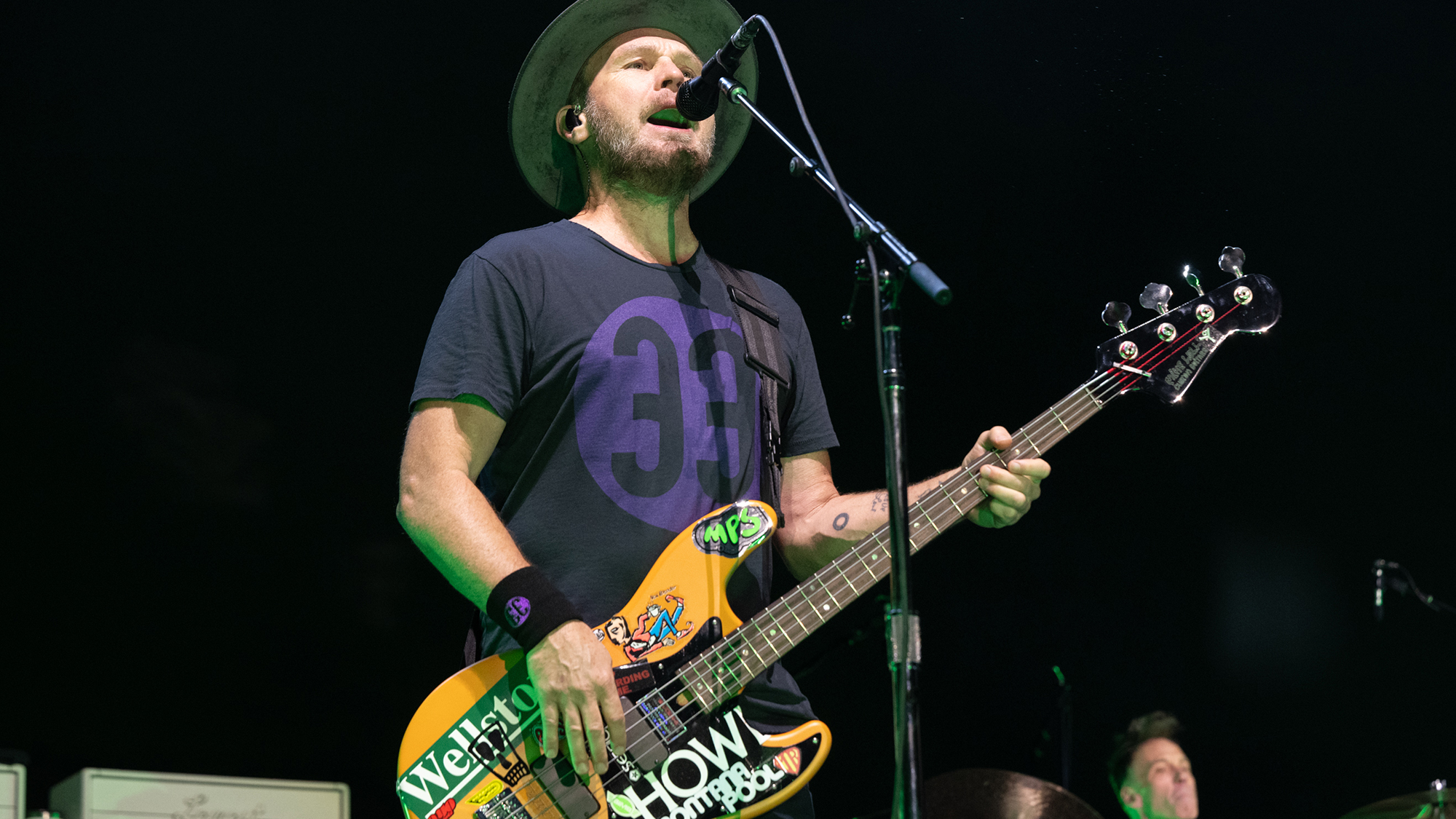“I would never play a bass that has brand-new strings. My strings only leave the bass when they break”: How George Porter Jr. helped put funk on the musical map with The Meters
Formed in 1965, The Meters became the measure of funk to come with their 1969 instrumental anthem Cissy Strut
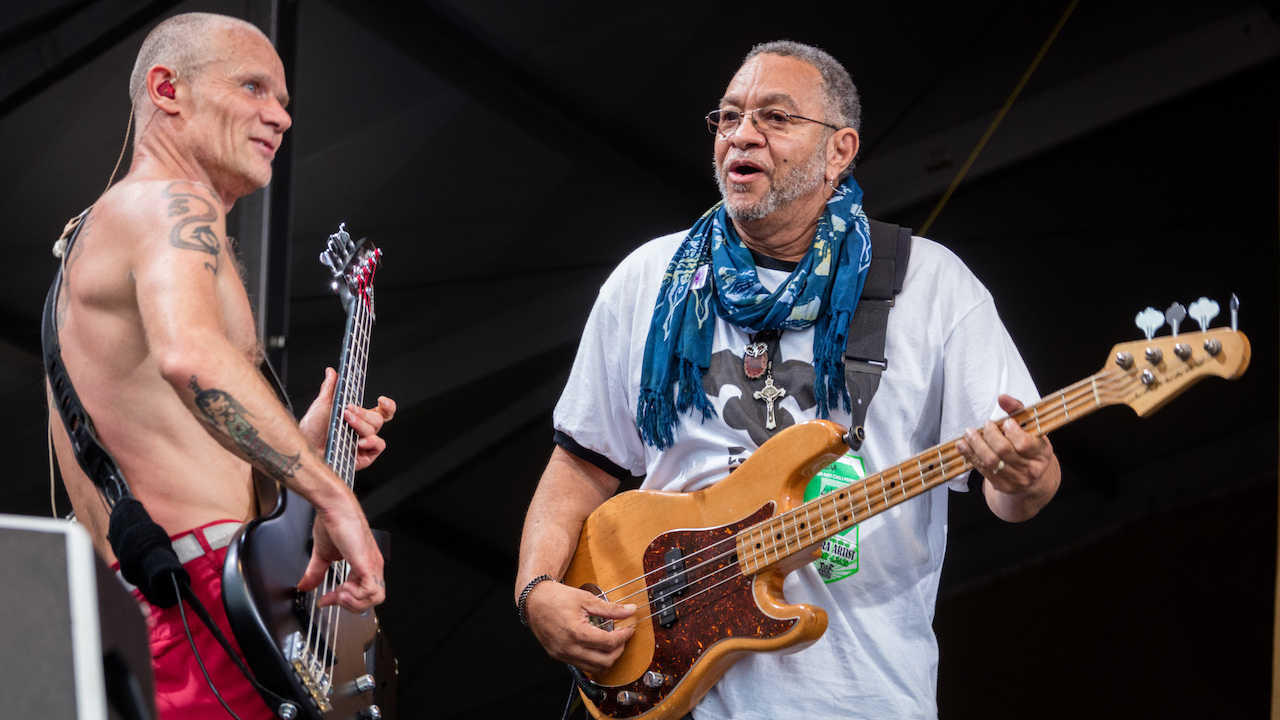
Formed in 1965 by keyboardist Art Neville, guitarist Leo Nocentelli, drummer Joseph ‘Zigaboo’ Modeliste, and bassist George Porter Jr., The Meters became the measure of funk to come when they put a decidedly New Orleans spin on R&B with their laid-back, loose-but-tight feel on instrumental funk anthems like Look-Ka Py Py and Cissy Strut. As Flea noted when he invited Porter Jr. onstage at the 2016 New Orleans Jazz & Heritage Festival, “The Meters invented this shit! We are their students!”
Asked what’s unique about New Orleans funk, Porter Jr. told BP. “I would say that bass players and drummers from New Orleans play more together than guys from anywhere else. In New Orleans they're more closely linked, playing in sync almost all the time. The bass might venture away from the kick drum to play more notes, but at some point – maybe two and four – we always meet.”
Cissy Strut, which featured in Quentin Tarantino's 1998 movie, Jackie Brown, is an ideal practice vehicle, as both main sections of the tune have set two-bar basslines that repeat four times each, allowing plenty of time to settle the parts under your fingers. Just check how cool a root/5th idea can be when played with the syncopation and sheer funk that Porter Jr. applies during the organ solo.
“Zig and I created the bottom that everything grew on, and I think what Zig did on drums is undeniably the funkiest shit on the planet. He used to throw off Art with some of those grooves. Art would say, ‘Where's one?’ Where you come in can change the whole concept of where one is. It was all intuitive – we definitely didn't write out charts or anything like that.”
As for basses, Porter Jr. has called upon an arsenal of different instruments during his career, ranging from an early Fender Telecaster Bass to a Lakland Bob Glaub 44/64 Classic Precision. “I recorded Cissy Strut with a Gibson EB-2, but when we were in the studio recording Look-Ka Py Py, I saw an old Telecaster Bass sitting in the corner. It had cobwebs all over it, but when I played it – man, it had such a ballsy tone. I used that bass to record a great deal of music.”
In keeping with his vintage leanings, Porter Jr. has stuck to a tried-and-tested approach when it comes to strings. “My strings leave the bass when they break. I would never, ever play a bass that has all brand-new strings on it; if I have to change all four of my strings, the bass is gonna sit around a while before I play on it. I like strings that are old and dull.”
Widely regarded as one of the progenitors of funk bass, his work with The Meters alone merits Porter Jr. a place in Bass Valhalla, but he's also contributed to recordings by Paul McCartney, Robert Palmer, Patti LaBelle, Dr. John, Taj Mahal, Maceo Parker, and Tori Amos.
Get The Pick Newsletter
All the latest guitar news, interviews, lessons, reviews, deals and more, direct to your inbox!
Has the concept of funk changed over the years? “I don't know what is considered funk today – I really don't. Funk music today is hip-hop, I guess. Syncopation is out. Syncopation is history. In my dealings with people at record companies, I keep being told that my music ain't funky. They say it's too syncopated. People have to think about how to dance to music when it's syncopated, because it’s not just straight 4/4. Syncopation is like jazz – it wasn’t meant for the masses, just a hip few.”

Nick Wells was the Editor of Bass Guitar magazine from 2009 to 2011, before making strides into the world of Artist Relations with Sheldon Dingwall and Dingwall Guitars. He's also the producer of bass-centric documentaries, Walking the Changes and Beneath the Bassline, as well as Production Manager and Artist Liaison for ScottsBassLessons. In his free time, you'll find him jumping around his bedroom to Kool & The Gang while hammering the life out of his P-Bass.
“We had accidentally stored the bass in Seattle and paid $2,500 in rental fees!” 32 years ago, Jeff Ament rented a ’61 Jazz Bass from Norman's Rare Guitars to record Pearl Jam’s iconic Vs. record – and now he’s been reunited with it
“I left without a penny to my name. I was bitter for a while, but I’ve got a great legacy”: Though Pete Quaife gets credit for jumpstarting the Kinks bass chair, John Dalton and Jim Rodford pushed the band forward on many of their classic albums



